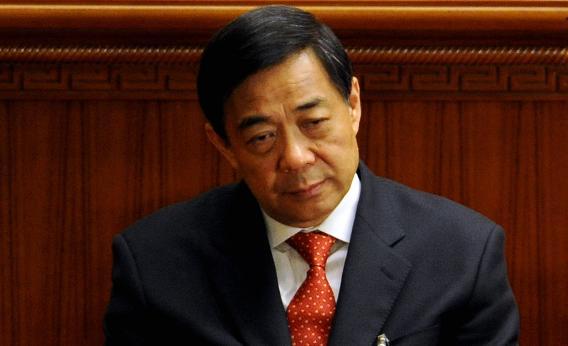Crowds still stream past the body of Mao Zedong, preserved in a mausoleum in the centre of Beijing. Deng Xiaoping, Mao’s successor at the top of the Chinese Communist Party, had his ashes scattered at sea. Later leaders have been even more modest. Bo Xilai, the son of a revolutionary leader and formerly a rising star in Chinese politics, seems to have thought that personality cults could make a comeback. He has been proved wrong.
Until a few months ago, Bo was widely expected to be promoted to the nine-member Standing Committee of the Communist Party’s Politburo, China’s ruling body. His aggressive leadership style was popular in provincial Chongqing. He was effective in promoting development and pro-poor policies alongside a mild Maoist revival involving songs, statues and a few slogans. But then came trouble involving his police chief and accusations of unfairness to local businessmen. On Tuesday, he was suspended from the Politburo and his wife was named a suspect in the murder of a British businessman.
The latest moves were completely logical, politically speaking, even if the strength of the various accusations is hard to judge. Bo had become so controversial that any lesser action would have made the Beijing leadership look divided. That group craves a show of unity among its members for fear obvious divisions would encourage dangerous economic and social discord among the Chinese people.
The ultimate meaning of Bo’s fall for China’s reform policies is unclear, perhaps unknowable. Even the self-promoting Bo’s ultimate fate is open to question. Most observers say he’s finished, but a few don’t rule out rehabilitation. Either way, ambitious politicians in China will learn from Bo’s experience. They’ll avoid showing off, keep closer track of their spouses and associates, and ensure any misdeeds are kept quiet and deniable.
Call it a cult of anti-personality. It won’t stop leaders and their relatives from taking corrupt advantage of power and connections. But if a bland bureaucracy is what’s needed to keep cautious progress from becoming paralysis, it provides a sounder basis for China’s stability and development than mini-Maoist celebrity.
Read more at Reuters Breakingviews.
